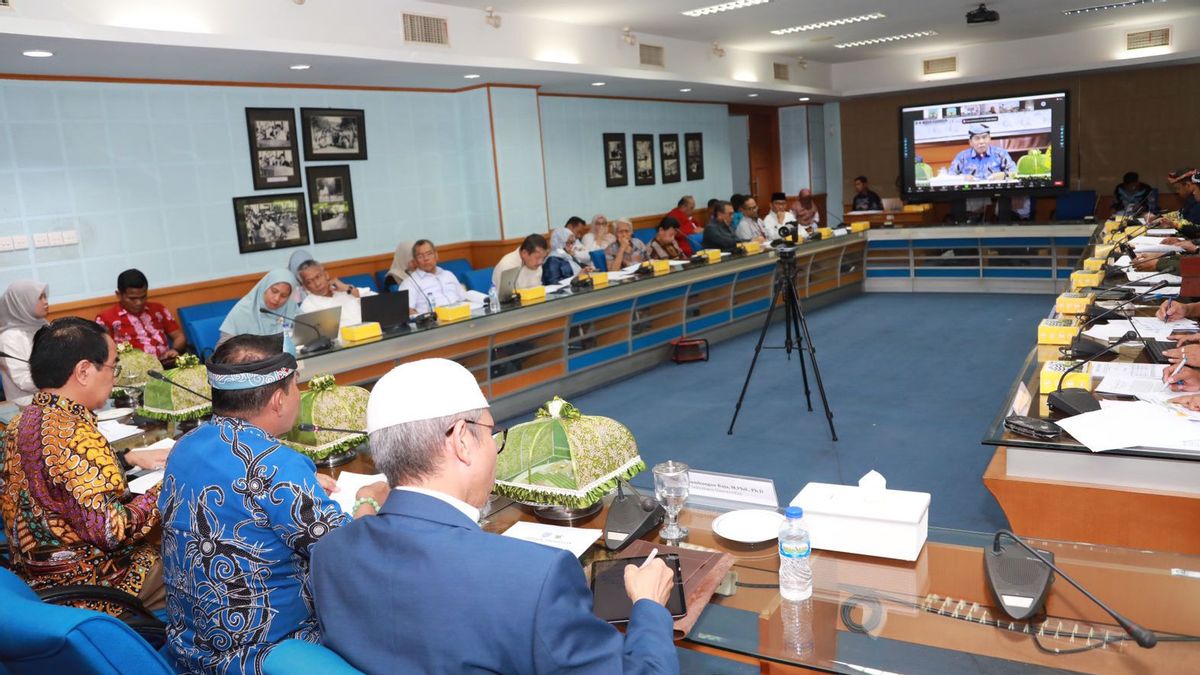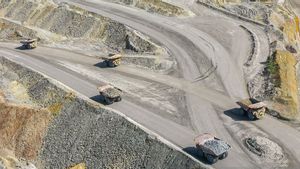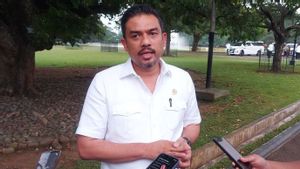North Kalimantan (Kaltara) Governor Zainal A Paliwang hopes that the plan to build an oil palm cooking industry can boost the economy in the 34th province.
This was conveyed when he attended the presentation of the initial plan for the preparation of a feasibility study (FS) for the Development of the Palm Oil Cooking Oil Industry.
The Governor said that oil palm plants are one of the plantation plantation areas in Kaltara.
From the 2023 data, the plantation area has an area of 39,466.50 hectares, an increase of 1.36 percent from the previous year.
Meanwhile, the production reached 75,738 tons (91.51 percent) in crude palm oil.
"The largest palm oil area in Kaltara is in Nunukan Regency at 33,111.30 hectares with a total production of 66,785.40 tons (88.18 percent) of total production," said Zainal, Monday, July 29.
From the Gross Regional Domestic Product (GDP) of Kaltara, the agricultural sector, livestock, hunting and agricultural services have a significant contribution, especially to the commodity of palm oil.
The commodity of plantation plants contributes to absorbing 8,333 workers.
Zainal explained, this contribution can be increased by presenting a palm oil processing plant so that it can increase the selling price and potential for the establishment of its derivative factory.
"The Kaltara Provincial Government targets palm oil commodities to contribute an increase in the Regional Revenue and Expenditure Budget (APBD) of IDR 56,351,938,000 by 2024," he said.
Another explanation behind the need to build an oil palm industry covering, an increase in the trend of palm oil production in Kaltara.
In addition, the number of palm oil processing plants in Kaltara is only 20 factories. This number has not been able to accommodate palm oil production, so it is necessary to increase the availability of factories.
"With this FS presentation, we hope to get an objective and comprehensive picture from technical aspects, aspects of policy, finance and finance, investment and marketing, economy, social and culture, so that it can be used as a guideline in making decisions in the context of developing the palm oil industry," he concluded.
The English, Chinese, Japanese, Arabic, and French versions are automatically generated by the AI. So there may still be inaccuracies in translating, please always see Indonesian as our main language. (system supported by DigitalSiber.id)









